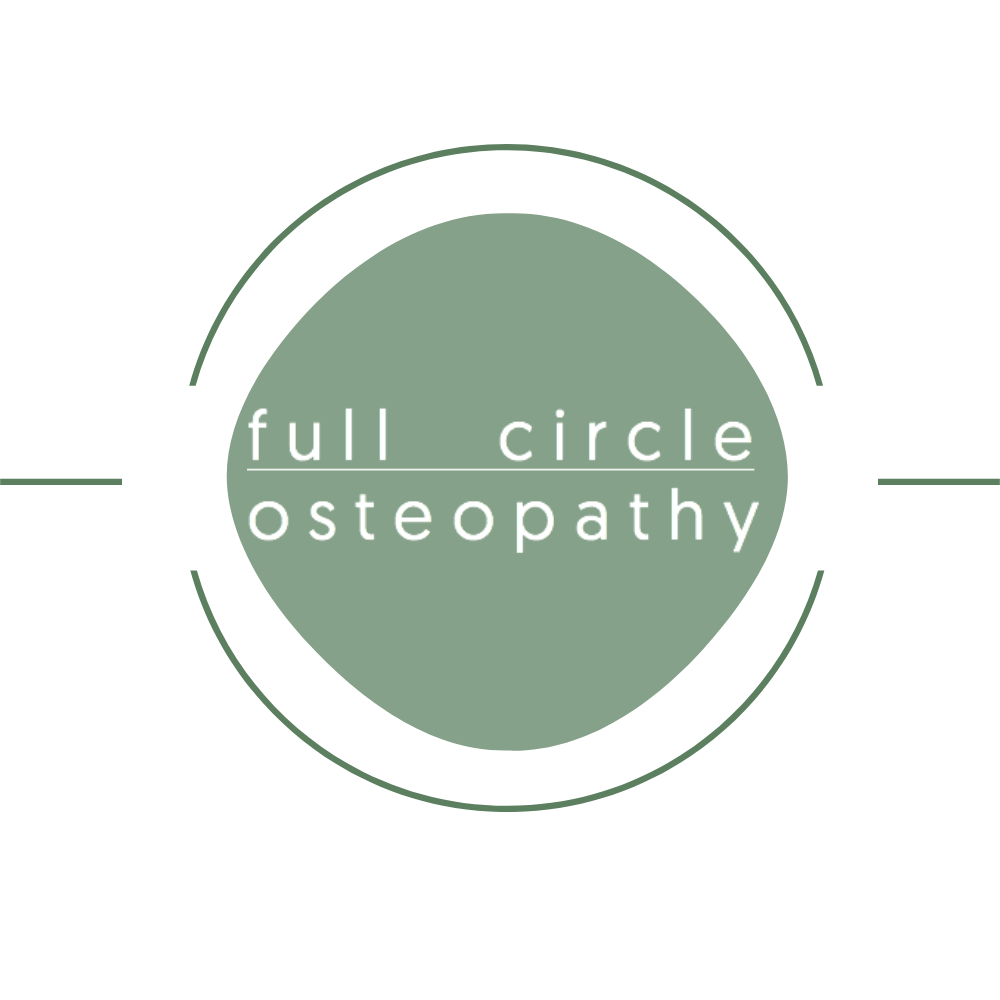Pain from within - Why pain isn’t always a strain or sprain
Did you know that you don’t always have to strain a muscle or sprain a ligament in order to feel pain? Deep inside your body are the cogs that keep your body ticking over… your organs. We have lots of organs inside us: The heart, lungs, stomach, intestines, liver, gallbladder, and more. Well, did you know that when something goes wrong with these organs, they can also give you pain? To add to this, sometimes that pain is felt in a completely different part of the body than where the organ is located! This can lure you in to thinking that something is wrong with that body part when really there isn’t. Sounds silly right? Let us explain further…
In scientific terms, we are referring to a phenomenon called viscero-somatic pain or a viscero-somatic reflex. ‘Viscero’ refers to ‘organ’ and ‘somatic’ refers to ‘body part’. So, by definition, viscero-somatic pain is pain that comes from an organ that is felt in a specific body part. And for each organ, there is a specific body part or parts that you will generally feel the pain in. It all comes down to how the body is wired in the nervous system. We’ll give you an example to make this a little clearer…
When someone has a heart attack, the classic symptom is chest pain (although not always). However, they will often experience other symptoms such as left-sided neck, jaw, shoulder and arm pain. The reason for this is when the heart muscle becomes devoid of oxygen from a blocked artery, a nerve signal is sent to the spinal cord and up towards the brain to alert the brain that something is wrong. At the same level of the spinal cord where those heart signals enter, there are also other nerves entering that relate directly to the muscles and skin from the neck, jaw, shoulder and arm. The theory is that the brain cannot distinguish where the problem is coming from, due to the close proximity of the nerves in the spinal cord, and therefore you may feel pain in both the chest and in these other areas. It’s pretty crazy right?!
A problem with the liver or gallbladder can give pain symptoms in the abdomen and also in the right shoulder. It’s for the same reason as above, but just a slightly different wiring for that organ.
As an Osteo, we will be looking for certain signs and symptoms if we suspect this might be happening with you. These might include:
• Pain that is deep, diffuse and difficult to localise
• Pain that is difficult to reproduce in the clinic room
• Changes in the skin, such as sweating, dryness, redness or changes in sensation
• Changes in the muscles, such as spasm or rigidity
• Pain which is unaffected by activity or rest
We’ll also be very interested in your medical history and will ask you questions to see if you have a history of digestive, breathing or urinary issues (this depends of course on the organ we suspect may be the issue). There may be a few sensitive questions we need to ask, so please do not be offended if we dig deep. It’s all to ensure we get to the root cause of your issue. Some of our treatment may also be aimed at affecting the target organ itself. We’ll be sure to talk you through any treatment techniques before we perform them. Rest assured, if we feel you need to be seen by a GP or specialist, we’ll point you in the right direction to ensure you are in capable hands.
References
1. Chila, A. 2011. Foundations of Osteopathic Medicine. 3rd ed. Philadelphia: Wolters Kluwer Health/Lippincott Williams & Wilkins
2. Sikander, S. and Dickenson, A. 2012. Visceral pain - the ins and outs, the ups and downs. Current Opinion Support Palliative Care. 6 (1). 17-26. Available from: https://www.ncbi.nlm.nih.gov/pmc/articles/PMC3272481/pdf/ukmss-40443.pdf

